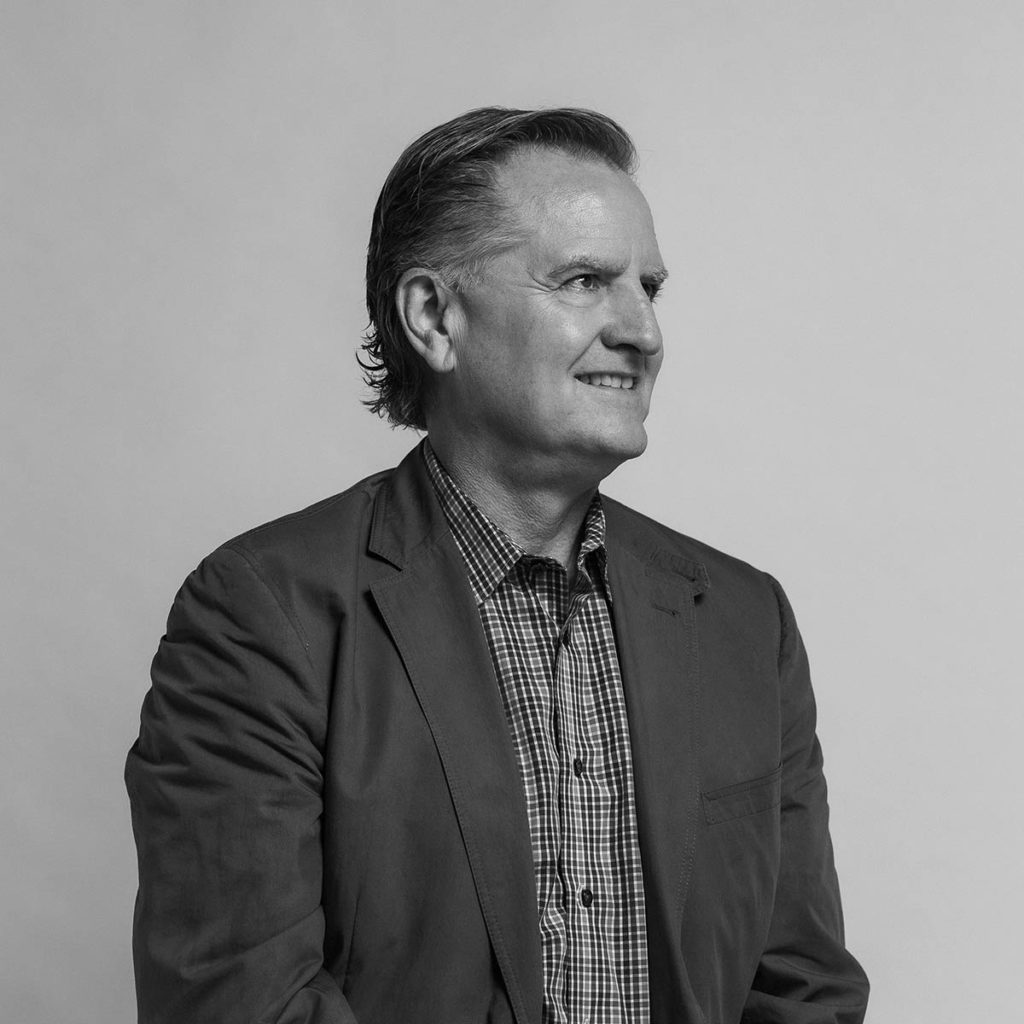News
How to manage extreme change.
A few of my tested truths.
In 2019, I was on the speaker’s circuit presenting a talk titled: “Leadership in an Era of Disruption.” Little did I know how relevant that talk would become this year. Since then, our country has experienced not only a disruptive pandemic, but also unprecedented racial unrest. Both are impacting our personal and business lives like no other turmoil I have ever experienced. The turmoil is economic, social, physical and mental — in short, upheaval of an unparalleled nature. In light of this, I went back to review the talk I last gave just a few months ago (how much the world can change in such little time) and have realized they are more than learnings. They are my truths. My well-tested, timeless truths about change and how to manage through its disruption.
I’ve always been a firm believer in the simple truth that you can’t credibly speak about major change until you’ve experienced it firsthand. A few times, in fact. When I began leading Bader Rutter, I had no idea I would manage our agency through the crisis that was 9/11, nor did I know I’d be at the helm during the darkest years of the Great Recession. Both of these challenging times required a cool head, a calm spirit, a fire in my belly and, ultimately, a hopeful heart. Those four things led to resilience and maybe a small dose of wisdom. Now, with what has happened in the past four months, I feel I’ve both lived through major change and have the credibility to offer some advice on navigating it. The following are four of my hard-earned truths for managing through change of an extreme nature:
Keep a cool head: balance optimism with reality.
When change comes, you must be honest and face the facts, which are sometimes brutal. But also keep the faith. When it comes to the pandemic, from the get-go I have professed a belief that human ingenuity will triumph in the long run. There are brilliant people working tirelessly to find creative solutions to this disruption. It will happen. When it comes to race relations, it’s important to remain hopeful, with a strong dose of enduring optimism at the core of any plan of action. At the same time, be aware of the reality that fundamental and lasting change takes patience and investment.
Calm your spirits: trust your instincts.
The best outcomes begin with strong intuition. Trust your first instincts and do not let yourself overanalyze. Back in 2008, a group of us at Bader Rutter were in the process of buying the business from our founder, Ron Bader. At the same time, Lehman Brothers collapsed the day after we secured our loan. We were on the verge of Great Depression II. While we could have backed out of our deal before closing on Dec. 31 that year, we trusted our gut that this was a once-in-a-lifetime opportunity. Thankfully, it got us to where we are today, a thriving business organization and the largest marketing and advertising agency in Wisconsin.
A hopeful heart: reimagine undue fear of risk.
While some business owners might champion risk-aversion during disruptive times as smart fiscal policy, it’s also true that uncertain times can breed excess caution. It’s a natural reaction to shrivel up in the face of such overwhelming events. Naturally, that creates anxiety and fear. But beyond that anxiety and fear are opportunities, which also are present during a crisis. Instead of fearing risk, reimagine the opportunities available to you as changing social and economic conditions force you to see new options. You just have to be willing to look for those options and be smart about risk-taking. This will open your eyes to what’s possible. Trust me, because I’ve learned it the hard way: The view through the windshield looking forward is much more productive than it is through the rearview mirror.
Keep some fire in the belly: the time for action is NOW.
I want to finish with this topic as it is important from my vantage point. When it comes to the topic of race and all that has happened the last two months, I don’t have the time of day for those who talk but have no interest in acting. So, what am I doing to “act” on diversity, inclusion and improved race relations? One example: I have been mentoring young African American men over the last three years. It’s an extension of the MKE Fellows program, which our company supports. I took on my fifth mentee last week. It has been an incredibly eye-opening experience where I am learning just as much, if not more, than those I am mentoring. (At least I hope they are learning something from me!) I thought I had a bit of a hard life growing up on a farm in Iowa, sharing a small house with a family of eight and never taking a vacation. But what I experienced growing up is nothing compared with the stories I have heard from my mentees. It has been part of my awakening that something needs to change and that I and we, as Bader Rutter, need to be part of the solution.
What Can You Do?
It’s easy to fall into a trap of despair when confronted with everything thrown at us in the first half of 2020. Here is my advice: Focus on what you can do, instead of what you can’t do. By turning the dial in that direction, you’ll find yourself putting into action the truths I have shared in this piece. And always remember, as I did, a life lesson I was taught long ago: No matter what happens in our lives, and no matter what hardships we face, the sun will always continue to rise. That means each morning is a new opportunity to make the next day better than the last one. In challenging times, I find comfort in that, and I hope you do too.
About the Author
As chairman, Greg Nickerson splits his time between business development, financial oversight and serving on several non-profit boards representing Bader Rutter. During his three decades at the agency, he has seen it more than triple in size and diversify its client base into many different industries. Greg counts among his accomplishments orchestrating an employee buy-out of the company from its founder in 2008 as well as leading the effort to locate and build a new headquarters in downtown Milwaukee.
Greg has long taken an active role in the Milwaukee community, from industry and trade groups to philanthropic community service. A long-time board member of the Betty Brinn Children’s Museum, he was recently elected President of their Board of Directors. Much to his chagrin, he has not been called down to the floor to help his beloved Milwaukee Bucks.

